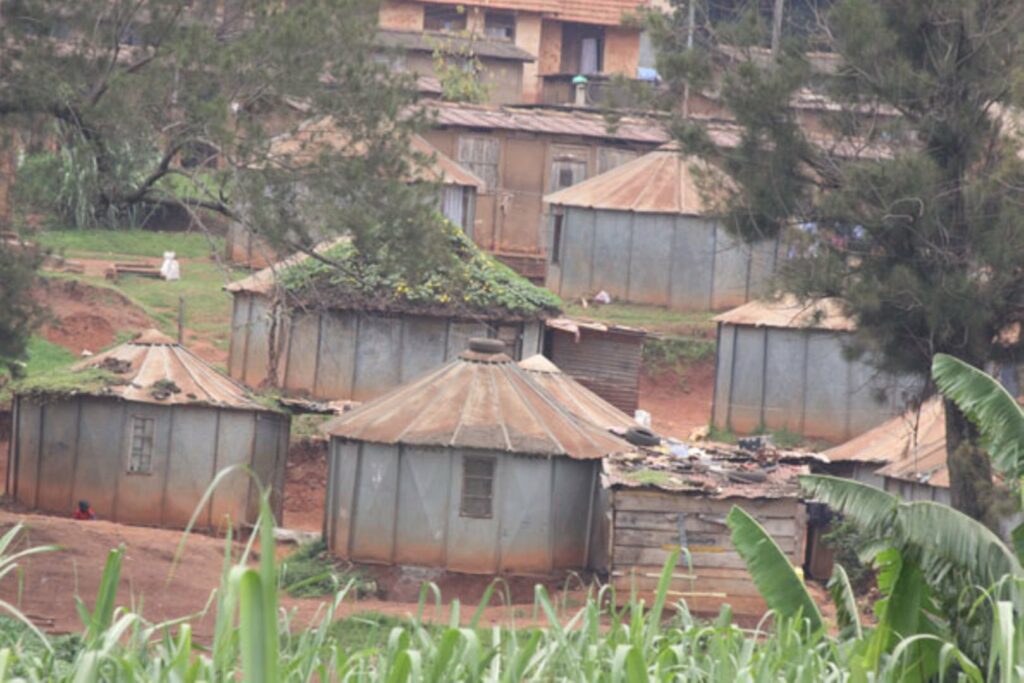
A Public interest litigator; Mr. Steven Kalali initiated legal proceedings against the Government of Uganda for neglecting to offer decent housing to junior officers which he alleged, violates their right to privacy, dignity, family life, and a clean and healthy environment. Junior Police officers currently reside in housing structures described as ‘poor,’ ‘ramshackle,’ or ‘dilapidated’.*
Enforcement of Social, Economic, and Cultural rights, including the right to decent shelter, has been a subject of ongoing debate in various African countries on the extent of the state’s obligation in upholding these rights.
The major challenge to the realization of these rights globally, is that Governments that have no will to respect human rights, exploit the vagueness of some of the obligations imposed them by international laws and treaties. For example; the International Convention on Economic, Social, and Cultural Rights (ICESCR) renders the realization of economic and social rights more promotional than immediate, posing them as matters to be addressed in the distant future.
The African Commission, responsible for overseeing state adherence to human rights commitments within Africa, underscores that the fundamental duty for each state is to ensure basic shelter for all. According to the guidelines, the right to adequate housing entails every individual’s entitlement to gain and sustain a safe and secure home and community in which to live in peace and dignity as well as access to natural and common resources, safe drinking water, energy for cooking, heating, cooling and lighting, sanitation and washing facilities, means of food storage, refuse disposal, site drainage, and emergency services.
Uganda’s Constitution does not explicitly guarantee the right to decent shelter. However, Parliament has enacted several laws aimed at making urban areas more livable in an organized way, like; the Physical Planning Act 2010, the Land Act Cap 227, The Condominium Property Act 2010, the KCCA Act 2010 and Uganda’s Urban Policy.
Like South Africa, the High Court of Uganda has embraced the reasonableness approach to assess Government’s obligation. Rather than questioning if better options could have been chosen or if public funds could have been used more effectively, the focus is on whether the Government, progressively, and to the extent allowed by available resources has addressed the issue.
In the mentioned case, Hon. Justice Dr. Douglas Karekona Singiza emphasized that Government is required to avoid supporting, or tolerating actions that infringe upon people’s integrity or restrict their freedom to meet their housing needs. This responsibility includes stopping individuals, like landowners and property developers, from violating people’s property rights through providing legal avenues for people seek help such as through the court as well as addressing the issue of homelessness through providing adequate structures.
Based on the rules of evidence, court held that Government is taking progressive measures to meet its obligation to provide adequate shelter to members of Uganda’s Police Force. These initiatives include; investment in 10,000 new ‘unipots,’ construction of multiple apartments in Naguru, obtaining external financing through supplier credit, selling prime land in Kampala to generate funds, and promoting mortgage schemes to facilitate individual home ownership. Additionally, Justice Singiza asserted that the allegations and statements made by Mr. Kalali were insufficiently supported since there was only one (1) Affidavit from a former police officer.
Author: Isabella Pedun
Footnotes:
* In the matter of An Application for enforcement of human rights by Kalali (Misc Cause 88 of 2022) [2024]
UGHCCD 38 (1 March 2024)
